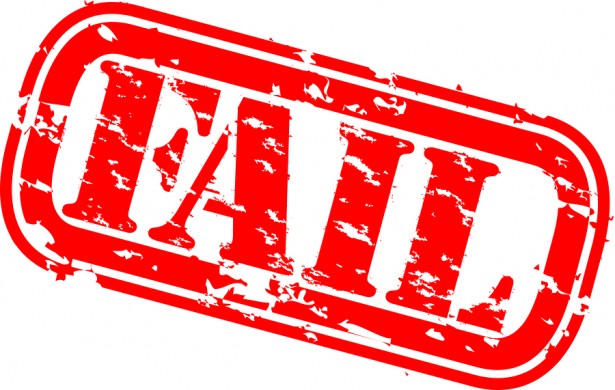If you want to know how large a corporation is, you just have to check how much controversies it had to withstand; larger the controversy, larger the corporation – a safe assumption. Every firm, company or corporation has its share of hiccups that include law suits, scandals or security issues. Most of them are usually hollow, overhyped and baseless. But some of them are actually serious and threatening to the credibility of the company.
Google Inc. (NASDAQ:GOOG) has had its share of controversies, which is quite natural as any company that aims to go big has to deal with hurdles on its way to the top.
Some of these controversies made headlines; others were brushed off subtly without any hassle. In this article we’ll talk about the controversies that managed to put Google in the hot seat.

Google Books was deemed perfect for students and casual readers for quite some time, but it faced a great controversy of copyright infringement and intellectual property rights in 2005. Google was sued for making copyrighted material available to the public without the consent of the writer or the publishing house. The material was simply scanned and made searchable. The case obviously got settled in the court for a hefty undisclosed sum.
Google Inc. also faced criticism for its presence in China, because of different reasons. Google filters out search results on the orders of Chinese government to hide their poor track record of human rights and other such nefarious activities. Also, Google was hacked by Chinese secret police and even then Google decided to stay in China (only rerouting to Hong Kong). Civil Rights authorities and pro freedom of speech people condemned Google for this action.
Google’s advertising system on Gmail also drew criticism because of privacy; Google Inc. was accused of reading emails of its users. The user was shown ads that appealed to him or her; therefore it was assumed that this ad filtration was based on the ‘analysis of the emails sent and received. This criticism damaged the privacy promises of Google.
Google, which is the owner of YouTube and Viacom came at loggerheads at one time and threatened to disclose millions of users’ details in a copyright lawsuit. Viacom however settled down and handed the volatile data over. Had Viacom released the data, it would have been the largest personal data of YouTube Accounts ever to be compromised in the public.
Groupon and Google had a deal, where the latter was meant to acquire the former in a bid costing 2.3 billion, more than what Yahoo had offered Groupon. The deal however did not go through for no apparent reason. Google had the ability to buy Groupon right out but got rejected at the end. Nobody knew what happened, but the news hurt the reputation and ego of Google along with its PR relations.
Google Inc. (NASDAQ:GOOGL) Buzz that was launched in 2010 immediately got bombarded with criticism. The micro blogging social network used preexisting Gmail accounts without the consent of their users. The controversy was based on privacy issues, as the user complained that other people could see who they were chatting with and who they were emailing.



